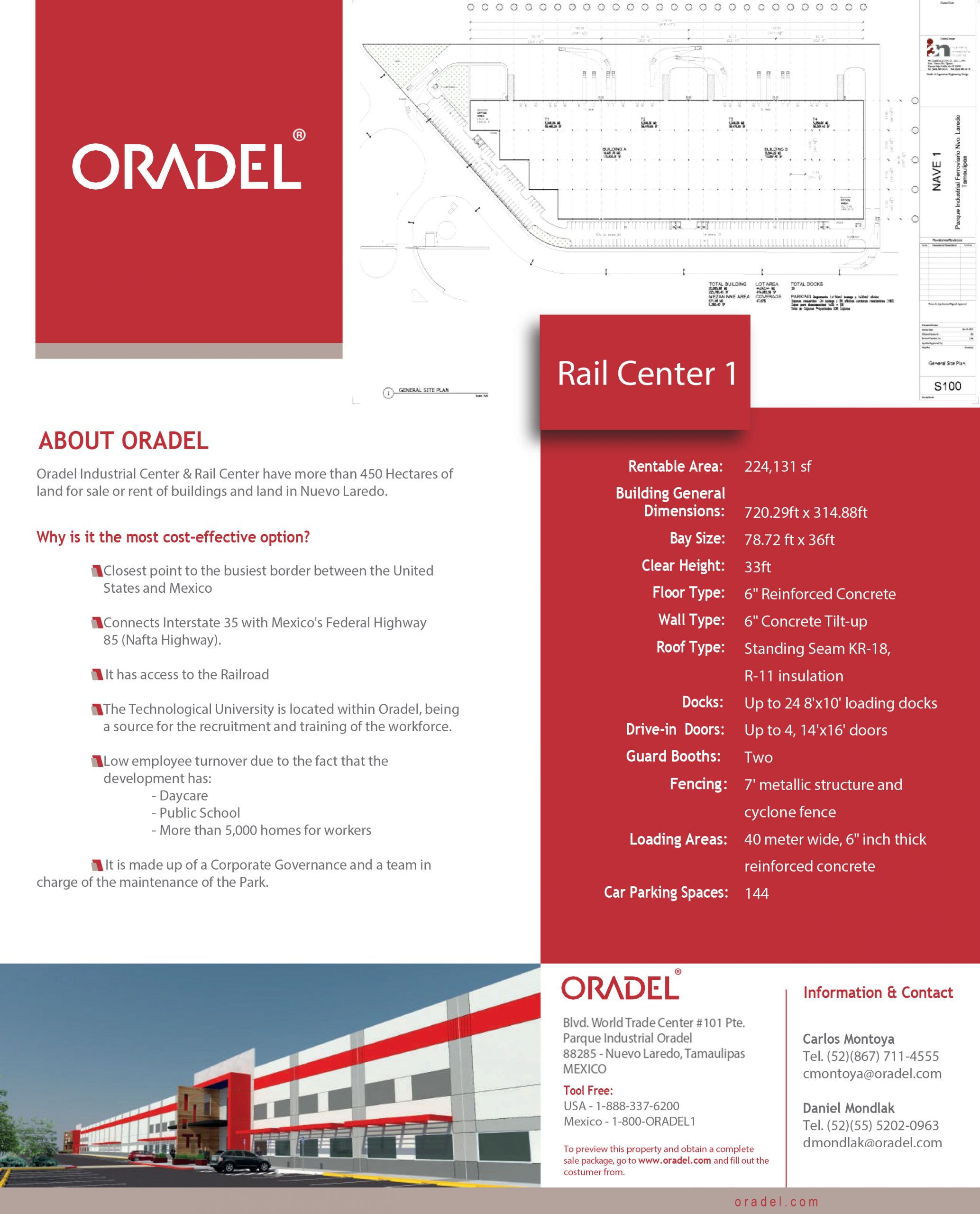G-20 highlights the contribution of trade in services to Mexico’s manufacturing exports

China dominates investment intentions in Mexico
11 November, 2020
Nearshoring makes manufacturing in Mexico more attractive
11 November, 2020
G-20 highlights the contribution of trade in services to Mexico’s manufacturing exports
The Group of 20 (G-20) highlighted that in Mexico the value-added content of services contributes approximately one third of manufacturing exports.
For many G-20 members, in terms of value-added, services account for a significant share of manufactured product exports and total exports.
According to a statement released following the virtual meeting with the Investment and Trade Ministers, the G-20 indicated that the value-added content of services contributes a third of manufacturing exports in Mexico, Russia, the United Kingdom and the United States.
Specifically, in terms of value added, services account for approximately two-thirds of total exports in the United Kingdom, nearly 60% in the European Union and half in Brazil.
Undoubtedly, a fundamental part of the value-added services in exports comes from imported services, since in the G-20 economies services are increasingly used as inputs in the production process in the manufacturing and agricultural sectors.
According to the statement issued by the G-20, inputs have strong implications for economy-wide productivity, competitiveness of merchandise exports and economic diversification.
Service inputs allow companies to increase their productivity and thus produce a greater quantity of goods. In addition, the provision of services in conjunction with products such as insurance, financing or maintenance services allow companies to continue adding value by offering integrated solutions to their customers. Therefore, exports of goods are highly dependent on service inputs.
For the G-20, access to quality services such as telecommunications, finance, logistics or transport services is essential for manufacturing and agricultural companies to connect to global and regional value chains.
In addition, the dynamism of the services sector, effective regulation, and openness to trade in services are linked to competitiveness, integration into the global market and diversification.
The G-20 also highlighted that the provision of digitally enabled services and data flow can facilitate the use of services as inputs in the production and trade of goods.
In addition, lower entry costs in many service sectors compared to manufacturing facilitate the participation of Small and Medium-sized Enterprises (SMEs) in global value chains.
Oradel Industrial Center offers a competitive advantage to the manufacturing and logistics industries by offering the best geographic location in the northeastern US Mexico border with rail service. It has industrial buildings, ready for occupation as well as buildings built to suit the needs of the market.





